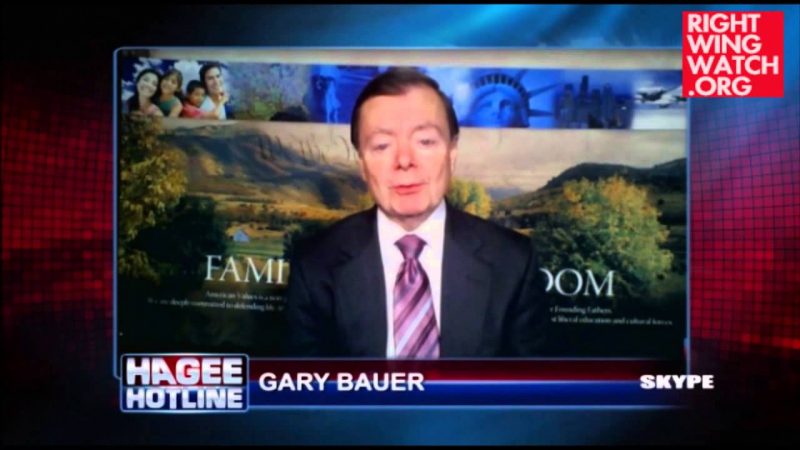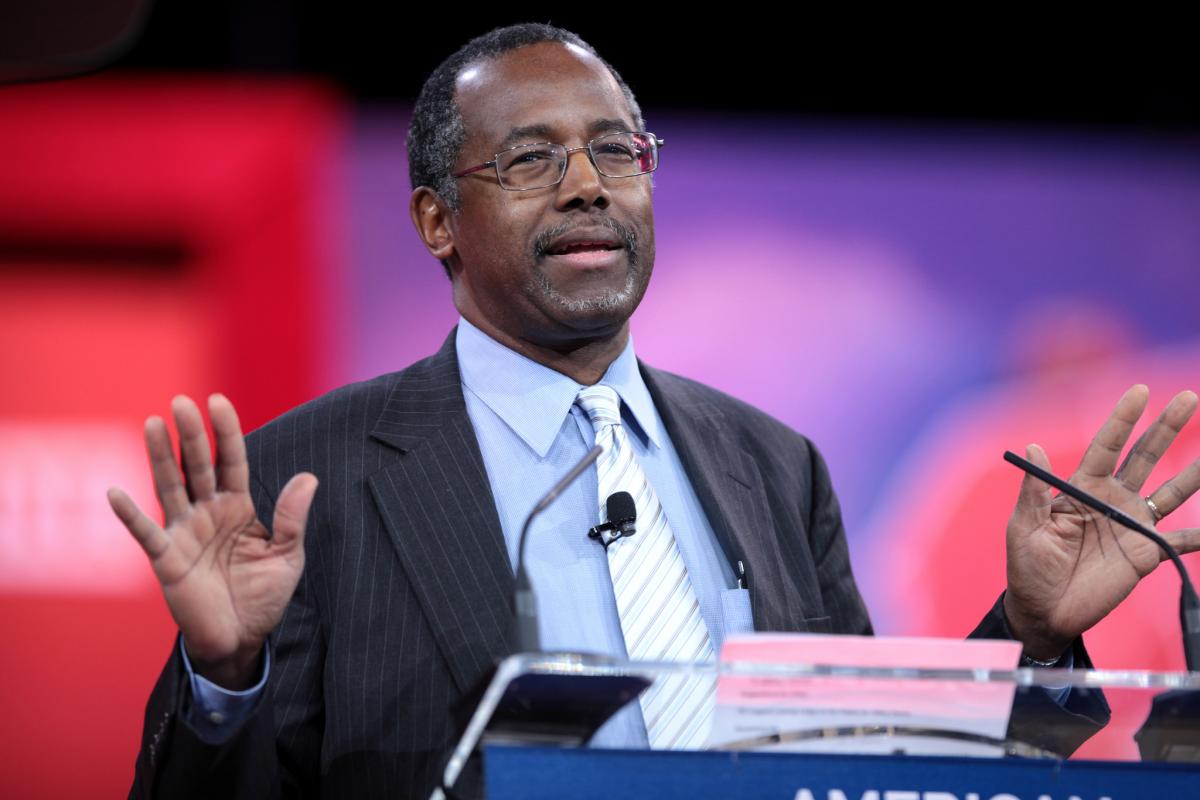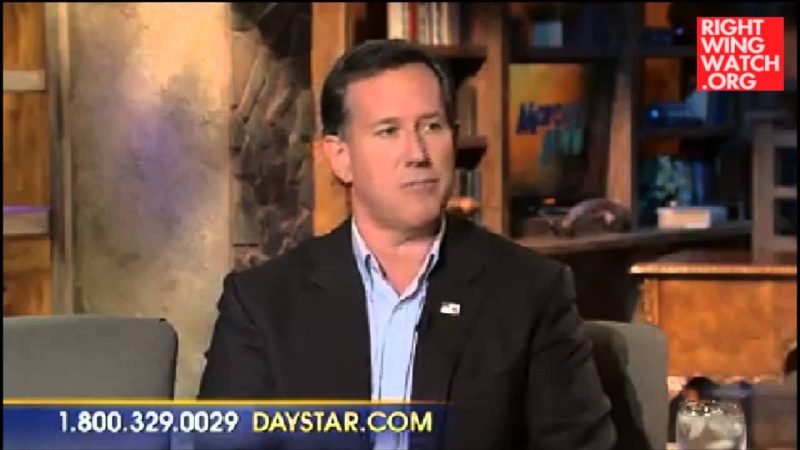The Weekly Standard ran a profile of Ben Carson today, in which the conservative activist discusses his potential presidential bid and “his view of Martin Luther King Jr. as a political conservative”:
Interviewed this week, Carson said he’s “starting to feel it. Because every place I go, it’s unbelievable.” One lady “really touched me the other night … She just kept clinging to my hand and said, ‘You have to run. You have to run.’ And so many people tell me that, and so I think I’m starting to hear something.”
Carson said he has no illusions about running. “It’s a daunting thing,” he told me. “I know how vehemently the left will come after you, try to destroy you, try to destroy your family. But at the same time I recognize that people like Nathan Hale – he said, ‘My only regret is I have but one life to give to my country’ … And if everybody runs for the hills because they’re afraid that somebody is going to attack them or their family, then [the left] will have won.”
…
On his view of Martin Luther King Jr. as a political conservative: “I think he would’ve been appalled if he were here today, to see all these people just sitting around, waiting for housing subsidies and for food stamps and for free health care. What he wanted was equality of opportunity. The last thing that he would be in favor of is redistributing all the wealth and allowing people to just sit around and collect. And when you read a lot of what he says, he’s talking about the merits of hard work and personal responsibility. That’s what he wanted. But during a lot of his time people were not given a fair shake. They were not given fair opportunity. That’s all that he really wanted. He didn’t want special treatment.”
However, King openly favored what he called the “radical redistribution of economic power.”
“We are dealing with issues that cannot be solved without the nation spending billions of dollars — and undergoing a radical redistribution of economic power,” King said in 1968. He also supported a guaranteed basic income and guaranteed employment.
Carson also said King “didn’t want special treatment” for African Americans, but in fact King said just that: “A society that has done something special against the Negro for hundreds of years must now do something special for him, to equip him to compete on a just and equal basis.”
He similarly told Playboy that “if a city has a 30% Negro population, then it is logical to assume that Negroes should have at least 30% of the jobs in any particular company, and jobs in all categories rather than only in menial areas.”
Marcus Epstein notes that in King’s book “Why We Can’t Wait,” the late civil rights leader wrote that a “massive program by the government of special, compensatory measures” is needed to help African Americans, just as the GI Bill aided veterans:
In this way, the nation was compensation the veteran for his time lost, in school or in his career or in business. Such compensatory treatment was approved by the majority of Americans. Certainly the Negro has been deprived. Few people consider the fact that, in addition to being enslaved for two centuries, the Negro was, during all those years, robbed of the wages of his toil. No amount of gold could provide an adequate compensation for the exploitation and humiliation of the Negro in America down through the centuries. Not all the wealth of this affluent society could meet the bill. Yet a price can be placed on unpaid wages. The ancient common law has always provided a remedy for the appropriation of the labor of one human being by another. This law should be made to apply for American Negroes. The payment should be in the form of a massive program by the government of special, compensatory measures which could be regarded as a settlement in accordance with the accepted practice of common law. Such measures would certainly be less expensive than any computation based on two centuries of unpaid wages and accumulated interest.
I am proposing, therefore, that, just as we granted a GI Bill of Rights to war veterans, America launch a broad-based and gigantic Bill of Rights for the Disadvantaged, our veterans of the long siege of denial.








